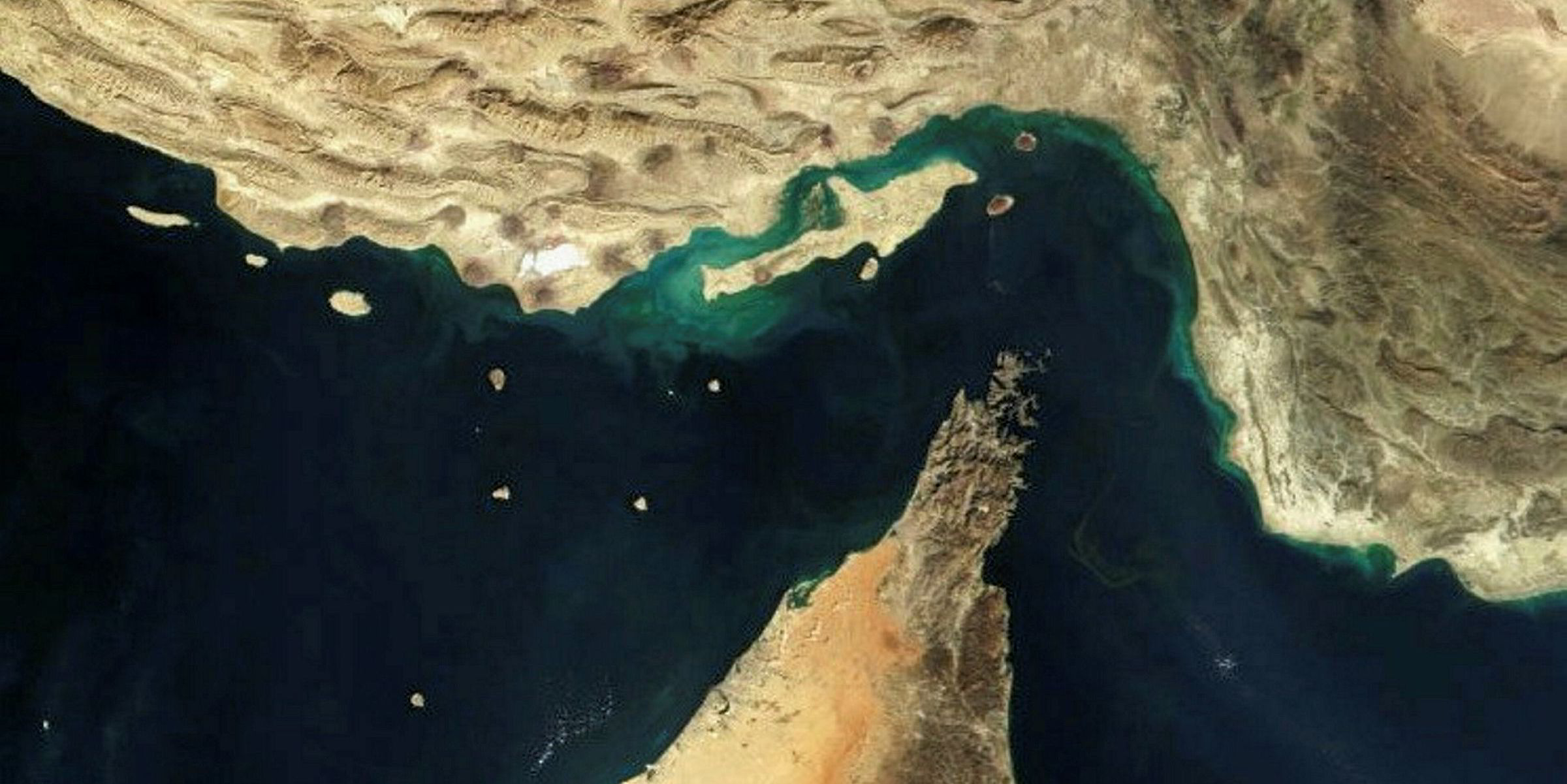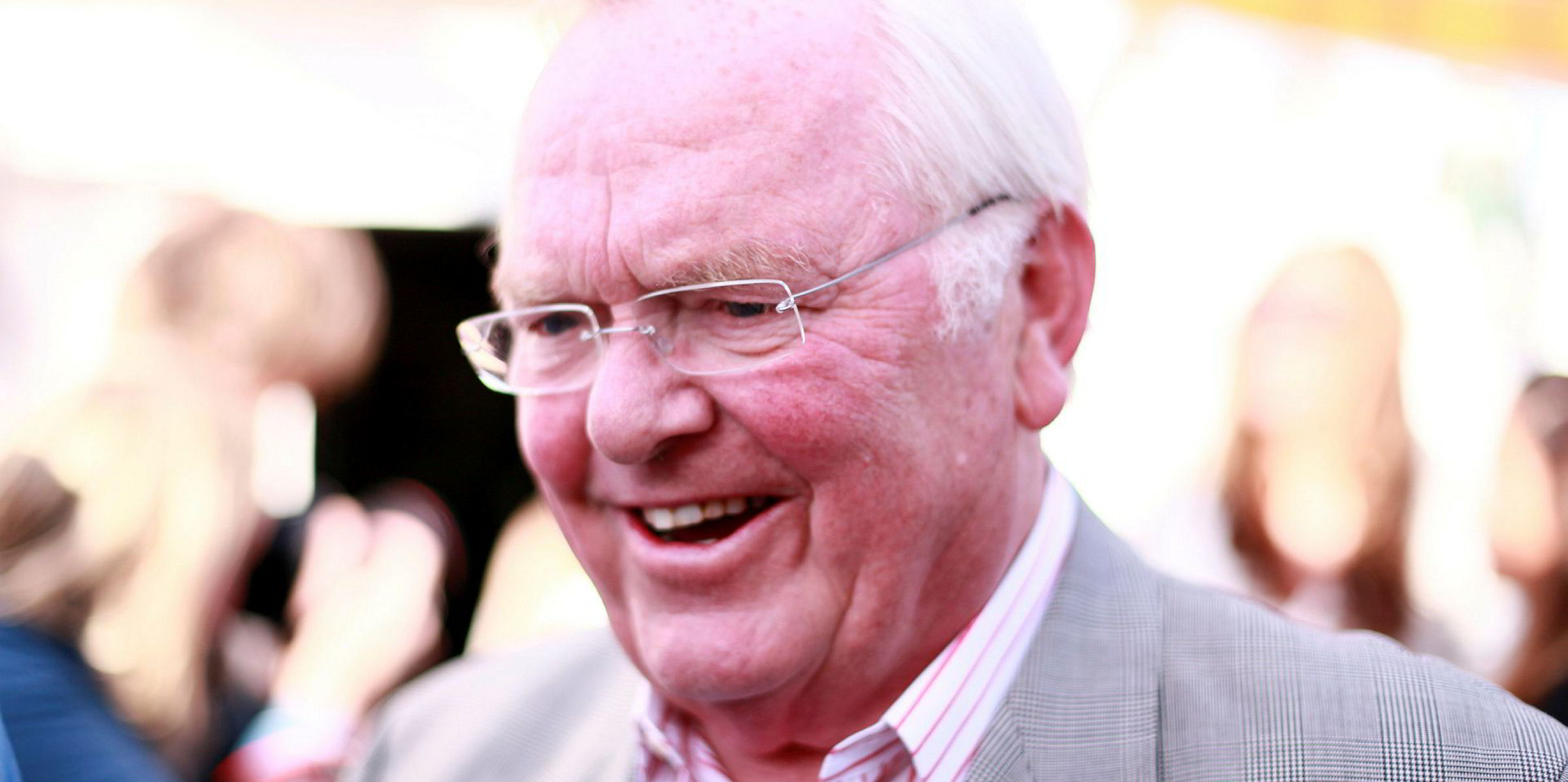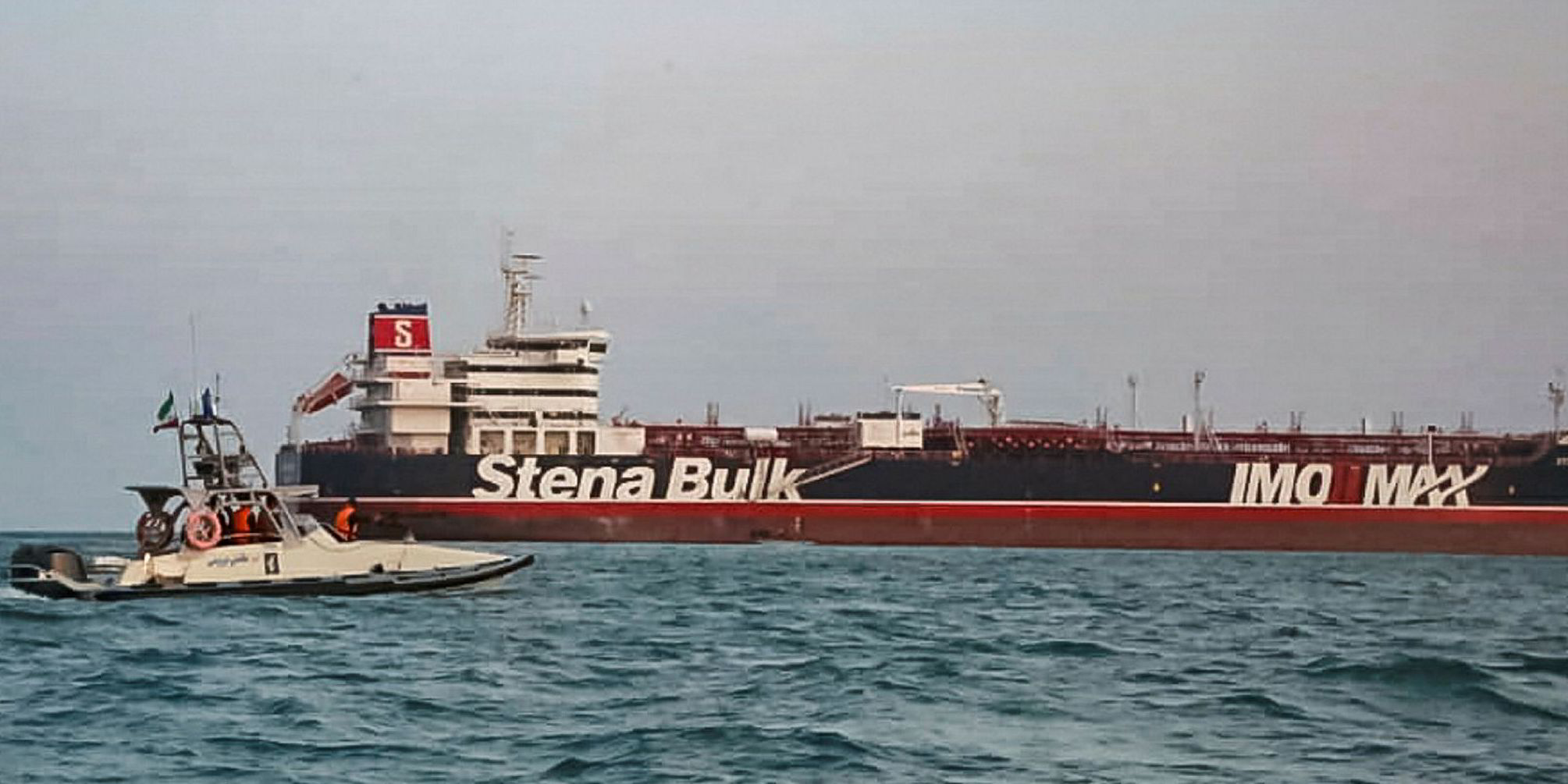Tanker rates have remained stubbornly stable despite an increasingly volatile political situation in the Middle East and the dramatic capture of a Stena Bulk product tanker by Iranian forces.
While political instability is often a catalyst for jumps in shipping markers, researchers at Gibson Shipbrokers have identified a number of reasons for why this has yet to occur during the present drama.
Tensions have been growing in the Middle East in the past few months following attacks on a number of vessels.
Britain’s holding of the 301,000-dwt Grace 1 (built 1997) in Gibraltar in early July fuelled the situation and Iran responded with its elite forces taking control of the 50,000-dwt Stena Impero.
“The current state of affairs has sparked tales of the Suez Crisis and the Gulf War, so why has there been minimal impact on freight rates and crude prices?” Gibson asked in a report.
One factor is the lack of any major disruption to flows through the region, the brokerage said.
It described the inspection of the 1,800-dwt Riah (built 1988) as barely newsworthy were it not for the “current media hysteria” but added the Stena Impero situation had made owners nervous.
Given the present pressure is largely confined to tit for tat measures between the UK and Iran, Gibson said taking all of the British flagged product and crude carriers out of the total trading pool would remove only 2% from the global fleet.
Gibson placed VLCC rates on the key TD3 route from the Gulf to China at World Scale 42 at the end of last week, equal to around $13,000 per day.
This marked a two point fall in the previous week and is six points down on the start of July.
More widely, slowing global oil demand, despite forecasts for a better second half, and continued oversupply of oil in the market were also identified as keeping a cap on tanker rates.
“At the moment owners have a sit and wait policy whilst acting with precaution throughout the region,” Gibson said.
“The global knock on effect for the tanker market at the moment seems to be fairly muted: at present it seems business as usual.”






